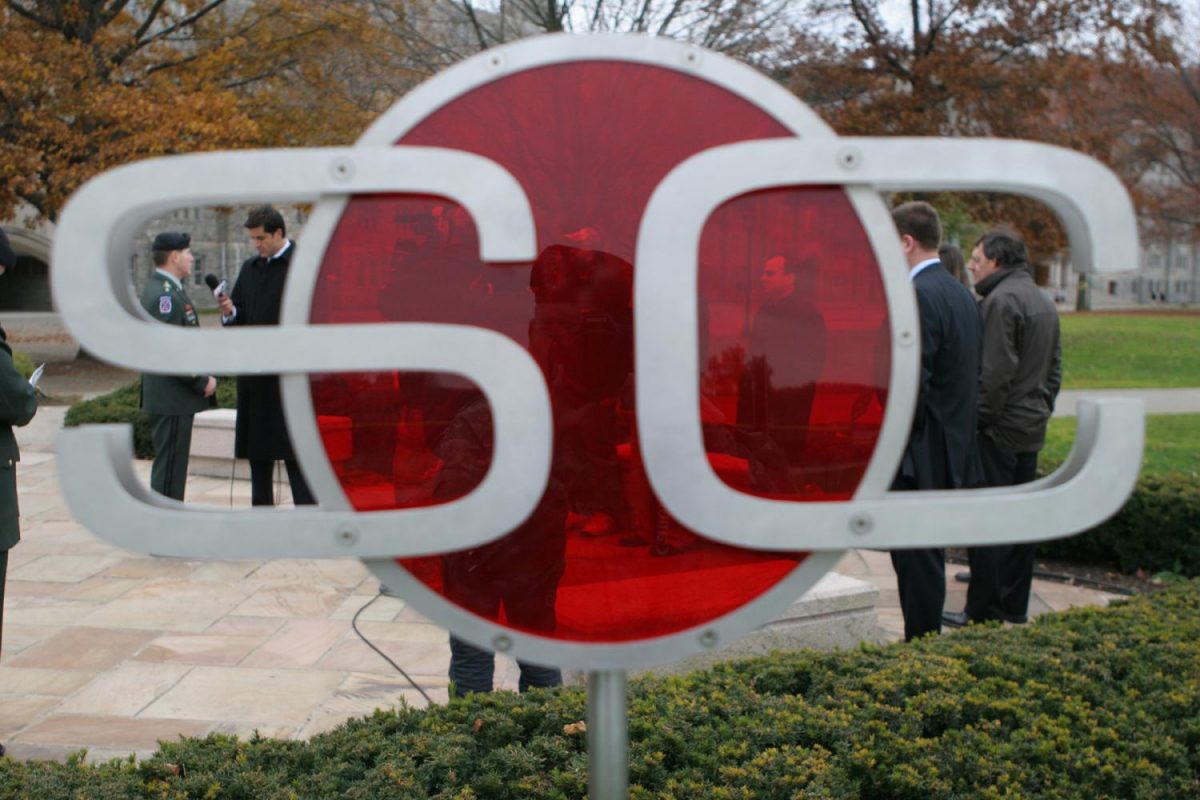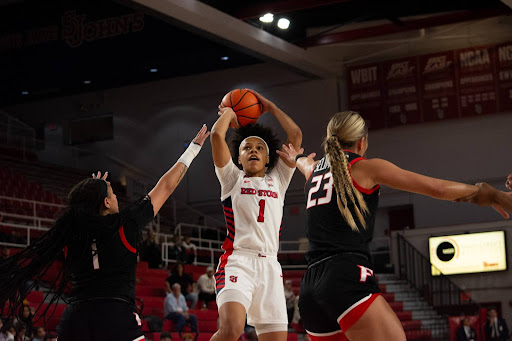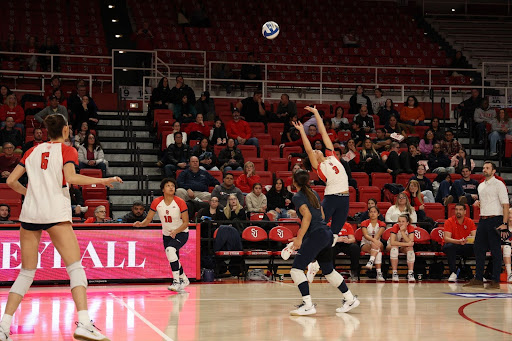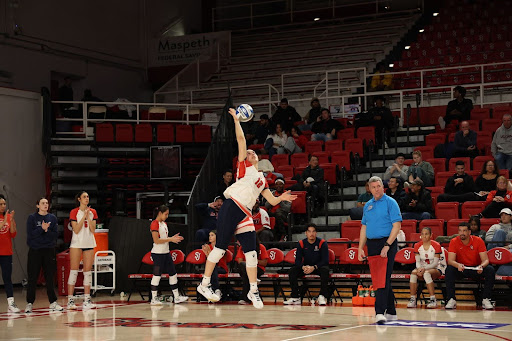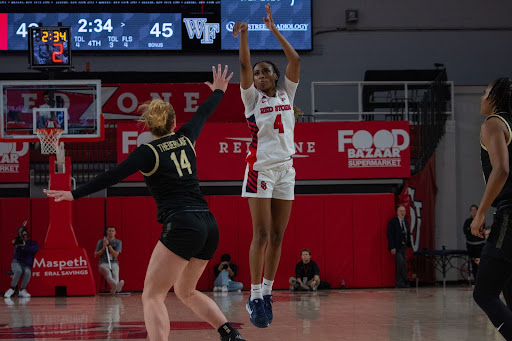With multiple tweets on her personal Twitter account, ESPN anchor Jemele Hill was the hottest name in the media last week. On Sept. 11, Hill voiced her opinion about the 45th president. Her criticism received both positive and negative feedback from the public, the media, and the White House.
The 6 p.m. SportsCenter anchor tweeted, “Donald Trump is a white supremacist who has largely surrounded himself w/other white supremacists.” She also called Trump “the most ignorant, offensive president of my lifetime. His rise is a direct result of white supremacy. Period,” and “he is unqualified and unfit to be president. He is not a leader. And if he were not white, he never would been elected.”
Both Hill and ESPN issued statements after the backlash from her tweets (she did stay off Twitter for a few days, claiming that the decision was her own personal choice).
Were the anchor’s comments offensive?,Maybe. Was she wrong?Maybe. Should ESPN have punished Hill by firing or suspension?That’s debatable. But being a public figure shouldn’t stop someone from expressing their opinion. Everyone has the 1st Amendment right to freedom of speech.
Hill is more than just a sports host for ESPN. She is strong, smart, black woman, who like most people, is greatly concerned about the state of this country. She is a human being and an American citizen, who time and time again has voiced her frustration over this country’s problems.. She has been very vocal about social and political issues in the past and present.
The following is taken from Hill’s comments at a Sports Illustrated media panel in August:
“I know there are sports fans looking for me to provide them with an “escape”, but as a woman and person of color, I have no escape from the fact that there are people in charge who seem to be either sickened by my existence or are intent on erasing my dignity in every possible way.”
“It’s very important to make the distinction between politics and commentary, information and discussion of social issues,” she continued. “Everyone is consumed with what’s happening in our country right now. I don’t tweet a lot about politics. I do tweet more about social issues, which I consider to be issues of morality. Racism isn’t politics. Racism is an issue of right and wrong. Tweeting about significant issues that impact marginalized people isn’t politics. That’s right or wrong.”
Hill’s tweets may have received so much attention because they were towards someone the the President of the United States. Had it been anyone else, the backlash may not have been so severe.
In the past, ESPN has punished their employees for voicing their beliefs. Personalities such as Keith Olbermann (who is no longer with the company) and Tony Kornheiser were suspended multiple times for speaking out.Stephen A. Smith and Dan LeBatard. Again, their firings and suspensions could be questionable, but ESPN felt they were in the best interest of the company.
People can debate whether ESPN was right or wrong in the way they handle Jemele Hill’s situation, but can’t question her right to freedom of speech.


